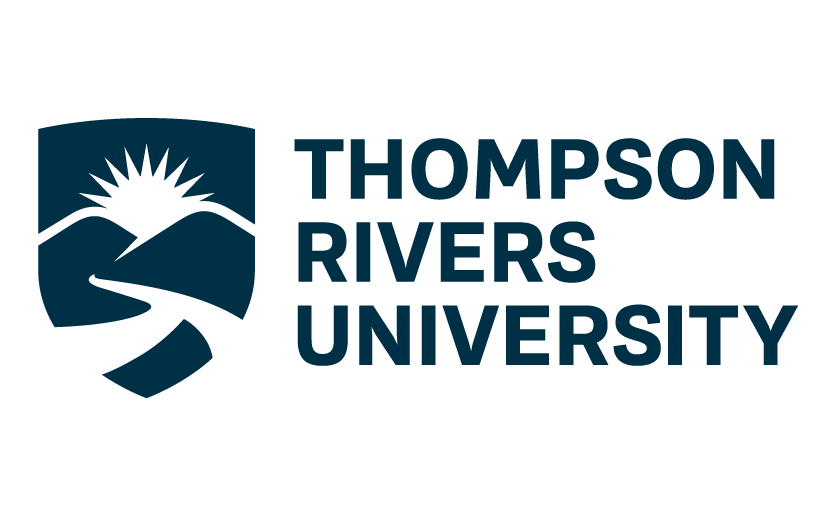Hi, I’m Tyler and this is my research journey.
When I started attending TRU in 2018, I knew I had a keen interest in science; however, I was not aware of the research opportunities available to undergraduate students. I knew that my goal was to attend medical school, and I thought that excelling in classes should be my only priority in school. Throughout my first year, I took a wide variety of science courses and eventually decided to major in chemistry. I acclimated well into the university lifestyle and quickly developed a routine that helped me stay on track with all of my classes. Although I did not know about or actively pursue research, I developed friendly relationships with professors that would benefit me for the rest of my university career. Over the summer, I took opportunities to travel and enjoy my time off of school. Early into my second year, I was lucky enough to make a solid group of like-minded friends that would later help me learn and inquire about the research opportunities at TRU.
Roughly halfway into the Fall 2019 term, one of my friends suggested asking one of our professors about research opportunities. As I did not know these existed for undergraduate students, I was naturally curious and tagged along. During this conversation, we learned about various research grants we could apply for, most notably the Undergraduate Research Experience Award Program (UREAP) and the Natural Sciences and Engineering Research Council of Canada Undergraduate Student Research Award (NSERC USRA). These awards, although competitive, would give us an opportunity to receive a grant to pursue our own research during the summer. As the Fall deadline had already passed at this point, I was not able to apply; however, I made sure to look more into undergraduate research opportunities. As the year continued, I began to look into other opportunities TRU offered, such as Study Abroad. As these opportunities could take up some of my summer, I decided not to apply for a formal research grant; instead, I inquired about a part-time, volunteer research position for one of my professors in an analytical chemistry lab. My professor gladly accepted, and my position was confirmed. Unfortunately, the COVID-19 pandemic put these plans on hold, as volunteer research was cancelled over the summer.
Come third year (2020-2021), one of the classes I was taking was a physical chemistry course. I ended up doing quite well in the course, and the professor reached out to me asking if I was interested in pursuing research. I indicated that I was, and she guided me through the application process for an NSERC USRA. I was fortunate enough to receive the award. To my excitement, a friend of mine also received the same award, and we were set to work alongside each other over the summer. Soon after, another professor of mine offered me a paid research assistant position collaborating with the Faculty of Law in conducting a literature review detailing how COVID-19 has impacted disabled Canadians living in long-term care facilities, which I also accepted. Although this would lead to a very busy summer, I was greatly looking forward to it.
When my NSERC USRA research began, I learned that my focus would be theoretical computational chemistry, dealing with antioxidant activity of phenolic antioxidants. Over the first few weeks, I was taught the fundamentals of computational chemistry. Next, my partner and I were given a handful of papers to study to introduce us to antioxidant activity, along with our first projects. We were asked to create models of a given set of phenolic antioxidants and computationally determine the rate constants of two separate reaction mechanisms. Soon after, our next project was assigned: conduct a literature review detailing current knowledge on antioxidant activity and related concepts. Finally, to properly complete the first project, one additional project was added: determine a reliable method of determining the pKa values of phenolic compounds. This method was needed in order to calculate the rate constants for one of the given mechanisms of the first project. In addition to working full-time on my NCSER USRA research, I was simultaneously completing work on my research assistant literature review project. Although this was hard work, it greatly increased my appreciation of the work required to conduct scientific research. Not only did my research experience expand my knowledge of practical applications of science, but it also increased my time management skills.
As I began my fourth year at TRU, I opted to register in a directed studies course to continue my computational chemistry research. Recently, I was excited to learn that I had received another research grant in the form of a TRU Apprenticeship award. Through my directed studies and apprenticeship, I will continue my research for the duration of the school year, and will likely be able to publish articles on my research and possibly present at chemistry conferences around British Columbia. In addition, I had also applied for and received the TRU Undergraduate Research Ambassador Award for the 2021-2022 school year. In this role, I will work alongside faculty and other ambassadors to promote and expand undergraduate research opportunities at TRU. Thus far, my research experience at TRU has been extremely enriching and fulfilling, and I am sure that the skills I gained will help me advance my future career, no matter which path I choose.


